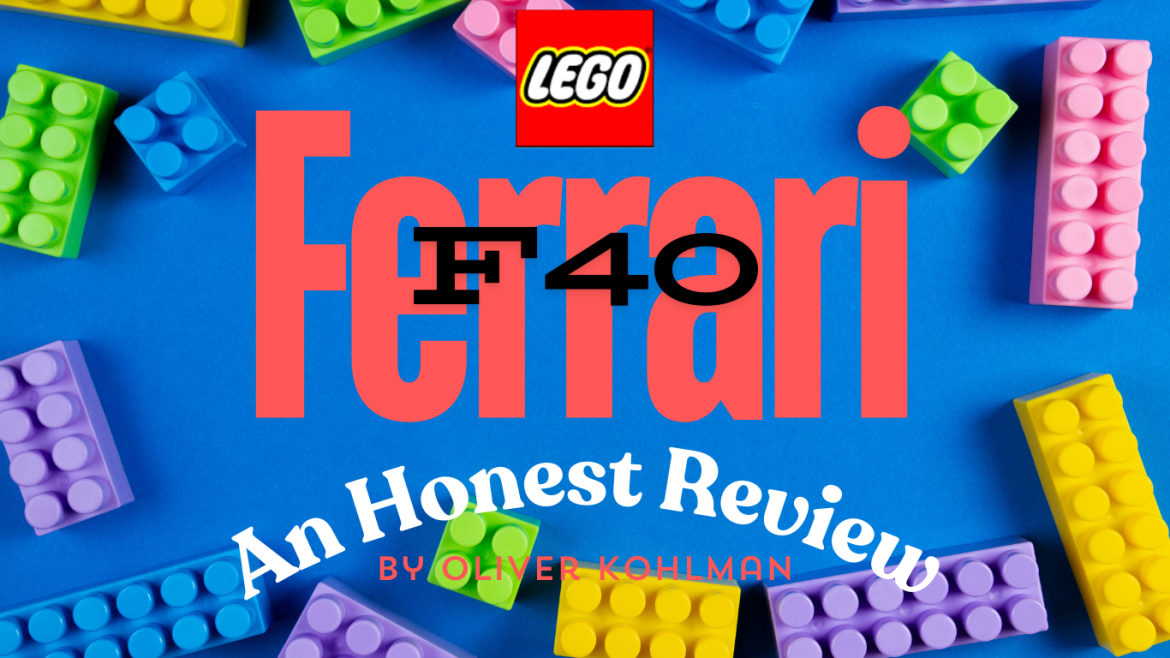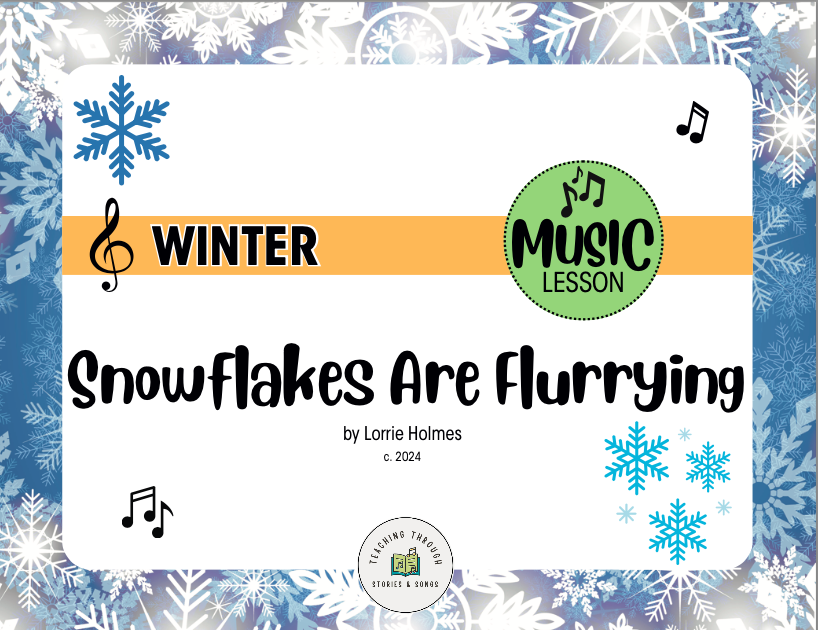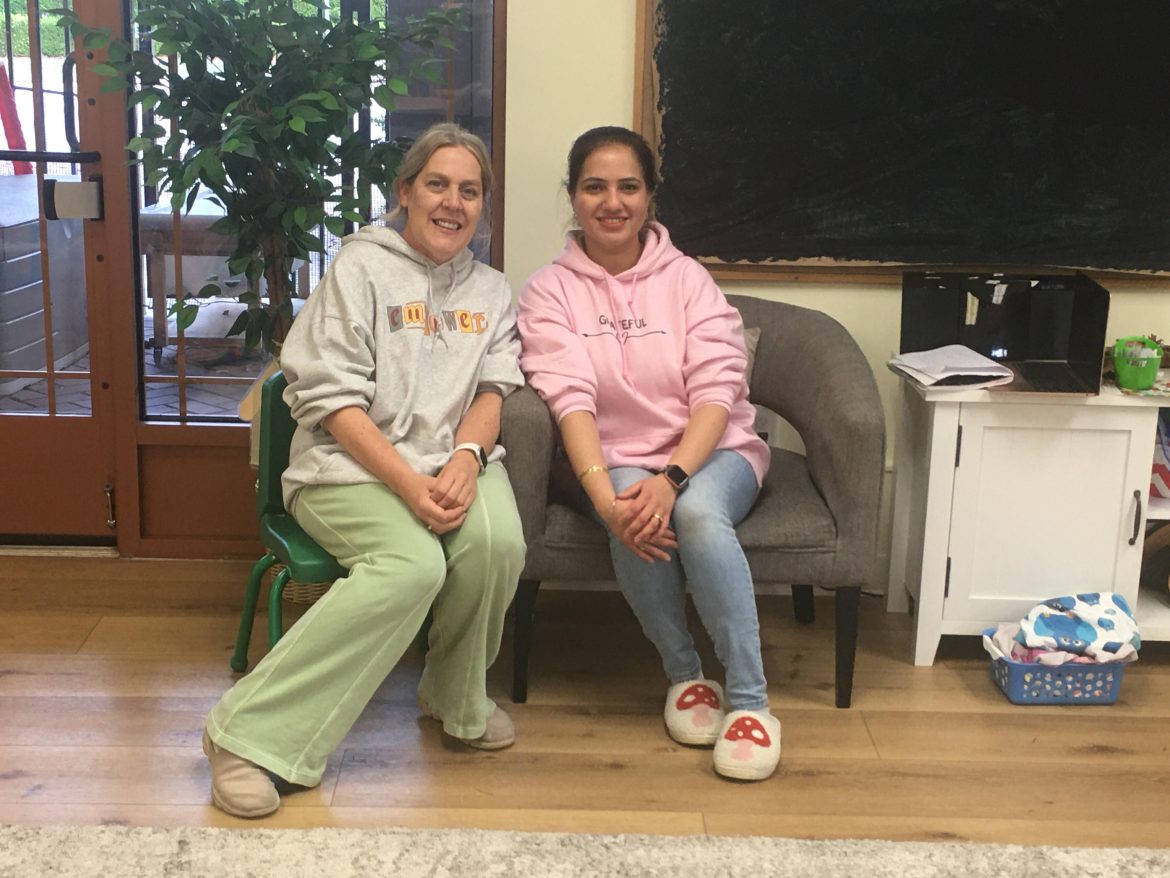By Kathy Eugster, MA
Category
Story
Teaching kids about love and kindness can be explored through story characters in thought and heart provoking simple picture books.
by Lorrie Holmes
HERE ARE 6 PICKS OF KIDS BOOKS ABOUT LOVE AND KINDNESS!
BOOKS ABOUT LOVE AND KINDNESS FOR KIDS was last modified: October 6th, 2025 by Lorrie Holmes
GETTING KIDS EXCITED ABOUT SCIENCE BY ADDING PLAY TO THEIR EXPERIMENT!
Engaging children in the wonders of science became quite a special experience when adding the excitement of play into this experiment. This fun kids science experiment included scientific concepts that were demonstrated in a highly energy collaborative manner by rescuing the children’s favourite LEGO Frozen figures from the ice. Lots of group discussions and ideas were shared as possible solutions using simple household items like warm water, salt, and baking soda. This experiment not only entertained our young scientists but also educated them about how ice is formed and how it melts, making it an ideal choice to engage these young learners as a group.
FUN KIDS SCIENCE EXPERIMENT was last modified: October 6th, 2025 by Lorrie Holmes
by Youth Reviewer, Oliver, Age 13

The Lego Speed Champions Ferrari F40 set is the perfect gift for anyone who loves cars. At the price of $34.99 it is a great birthday or Christmas gift. Whether it’s for a young kid who wants to push their building skills to create something amazing, or a car loving adult that likes collectibles, I guarantee anyone who gets this beautiful car will be overflowing with joy. If you are planning on giving it to any child under eight years old keep in mind that they may require assistance with the many stickers included with this build.
Kid-Tested, Speed Approved: LEGO Ferrari F40 Review by a Young Builder was last modified: October 6th, 2025 by Young Contributors
This New Years Eve, we have chosen a book that encourages children to wish for what is most important to them even if it takes them a moment to figure out what this really is in the end.
Written by Kathleen Gauer and Illustrated by Sari Richter, this whimsical and charming picture book offers a very inspiring message for our young learners about being careful what you wish for.
PICTURE BOOK REVIEW – THE WISH CARVERS was last modified: October 6th, 2025 by Lorrie Holmes
Every Christmas, I love to choose a Christmas song or story that touched my heart and this year, it was the music of Kim Noller. I learned of Kim’s music months ago when she originally reached out to me to review her song, BIG, which caught my attention right away with it’s poignant message. You can read my full story about this song here! Just recently, I learned that Kim is releasing a children’s book called BIG based on this beautiful song which I so look forward to reviewing with my kiddos in class when it’s ready! I knew instantly after speaking with Kim on Zoom for our original interview when I reviewed this song that we shared similar values and I also just loved her voice and the overall feel of her music which stood out to me because of it’s genuineness.
ALL THE YEAR – A CHRISTMAS SONG by Kim Noller was last modified: December 22nd, 2024 by Lorrie Holmes
By Kathy Eugster
The holiday season is supposed to be a time of joy, warmth, and connection. Yet for many parents, embracing in the holiday magic feels less obtainable when the season feels like never-ending shopping lists and obligations. These days, it’s so easy to get swept up in the stress and commercialism of the holidays and forget about their real essence, which is not in the gifts we buy, but in the memories we create. Here’s why investing time in enjoying your children, sharing the magic, and focusing on the true meaning of the holidays is essential.
How To Embrace The Holiday Magic With Your Kids was last modified: December 12th, 2024 by Lorrie Holmes
There is something so magical and playful about flurrying snowflakes – partly because each is one of a kind – just like you and me! What a wonderful opportunity to encourage our children to embrace their own uniqueness. Snowflakes Are Flurrying is such a fun way to explain snowflakes to preschoolers with stories and songs!
EXPLAINING SNOWFLAKES TO KIDS WITH STORIES & SONGS! was last modified: October 6th, 2025 by Lorrie Holmes
Wearing empowering messages on our hoodies in PreK this week proved to be very special conversation starters and the perfect way to empower kids!
by Lorrie Holmes
The idea of wearable affirmations in the classroom was born out of the positive reactions to my Halloween costume this year. Sheriff Good Deeds was such an easy costume to put together at the last minute, but it offered an unexpected value that open my eyes wider about how to add extra meaning to costumes as a PreK teacher. This included my issuing tickets to the kiddos for their good deeds which became amazing conversation starters with the kids in a way that was not forced at all. This opened up meaningful conversations about how good deeds are when we do something good just for the sake of doing it and without necessarily wanting something back in return.
CLOTHES THAT EMPOWER KIDS was last modified: October 6th, 2025 by Lorrie Holmes










